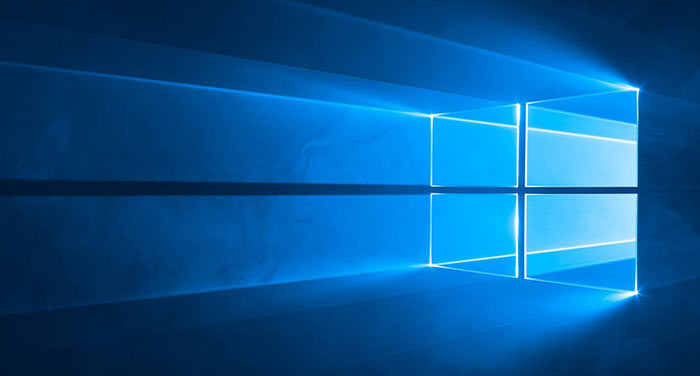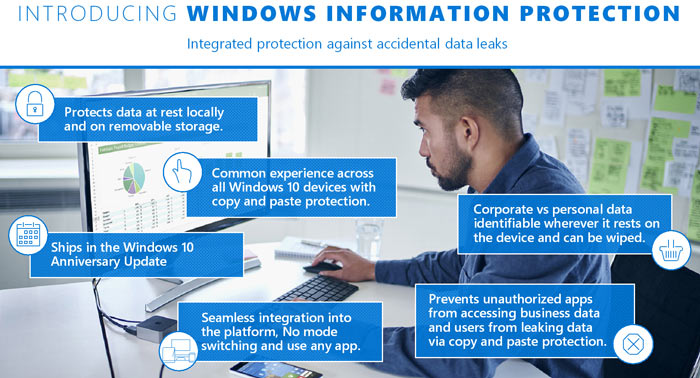Mainstream support for Windows 7 ended in January 2015 and the OS is in its five year period of extended support, receiving only security fixes (ends 14th January 2020). However that really isn't good enough for businesses and enterprises which value modern technology and security, says Markus Nitschke, head of Windows at Microsoft Germany, in a new Microsoft TechNet blog post (German).

Windows customers should take a look at the lessons learnt from the transition from Windows XP, asserts Nitschke. Organisations should transition in good time, otherwise their sensitive data will be faced by "enormous dangers" over the next three years and any transition period. Over half of all German companies have been cyber attack victims but cutting edge Windows 10 security features can help prevent such victimhood, Nitschke said.
An example of the higher security offered by Windows 10 is in its modern "machine-learning post-breach solution that detects behavioural patterns" in malware. Windows Information Protection is another key feature of Windows 10 that should appeal to the security conscious. Access control via Windows Hello and secure biometric logging to the computer via fingerprint, facial or iris recognition helps keep systems safe from unauthorised persons. Furthermore the Windows 10 Creators Update will bring additional enhanced intelligent security and efficient administrative functions this spring.

Considering modernity, Windows 10 is necessary for full support of some modern processors and I/O. The newest Intel processors, upcoming AMD Ryzen chips, and Qualcomm Cellular PCs are only fully supported by Windows 10. Chipset features such as power management and modern I/O standards like USB 3 and Thunderbolt can also prove problematic to those using older OSes.
The move from Windows 7 to 10 should be less problematic than from Windows XP to 7 for those who wish to update. Windows XP seemed to have many badly behaved apps that stumbled on newer OSes but Microsoft and its partner hardware and software developers appear to have worked to stricter standards from Windows 7 onwards.













